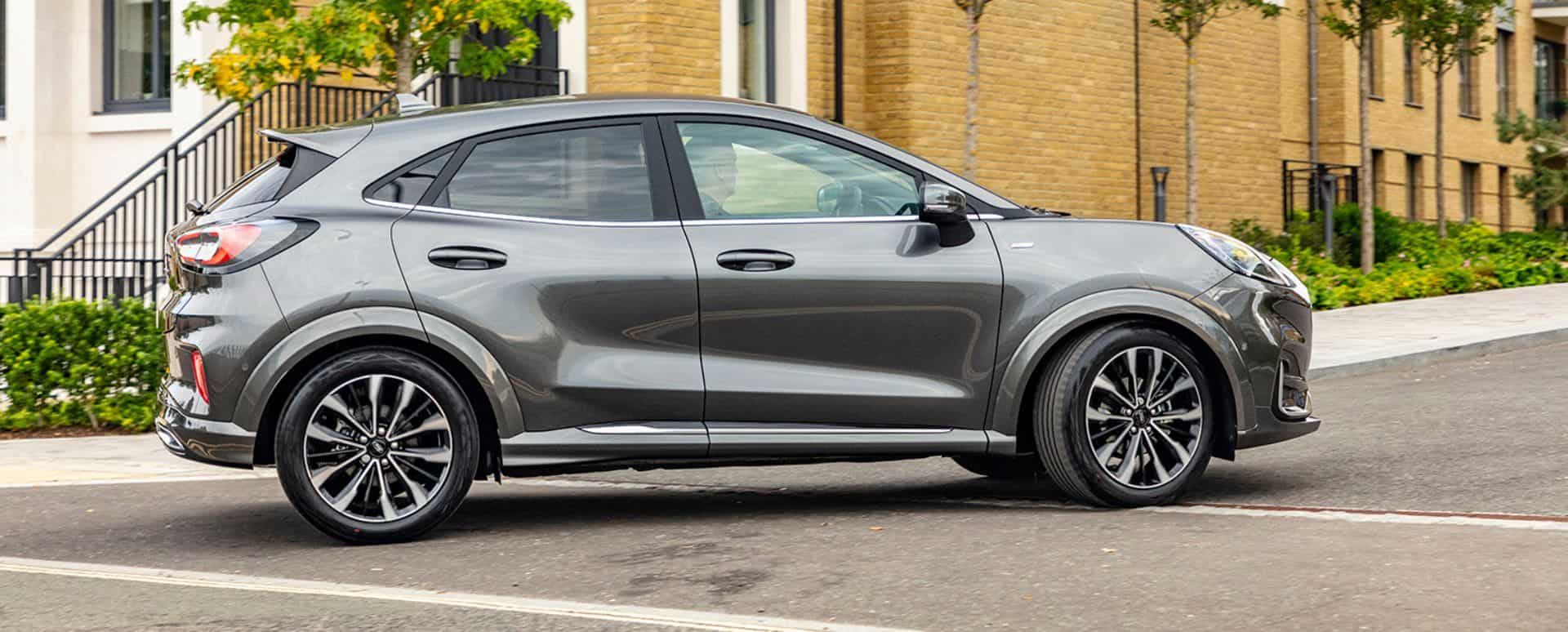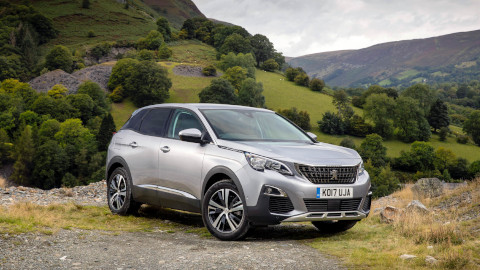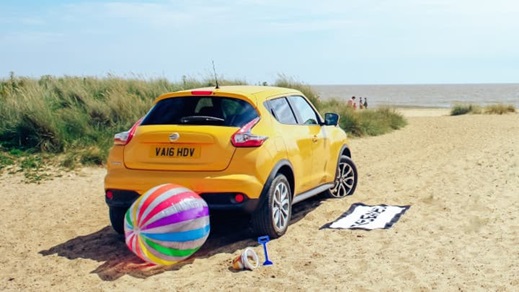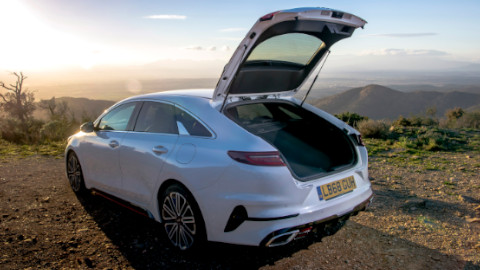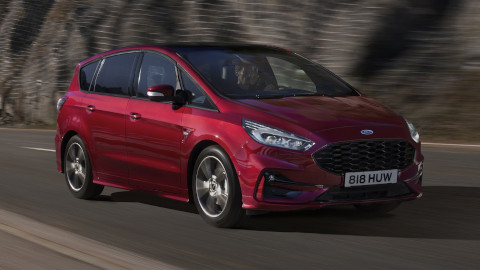Are Hybrid Cars Worth It?
19th Sep 2025
Hybrid vehicles are becoming increasingly popular in the UK, due to their ability to run on electric power alone, without the worry of running out of battery.
However, if you’re still unsure whether a hybrid vehicle is worth the investment, this article will explore the pros and cons of owning one, and the types of lifestyle they are best suited for.
- What is a hybrid car?
- What are the different types of hybrid cars?
- Pros and cons of hybrid cars
- Is a hybrid car right for you?
- Frequently asked questions
What is a hybrid car?
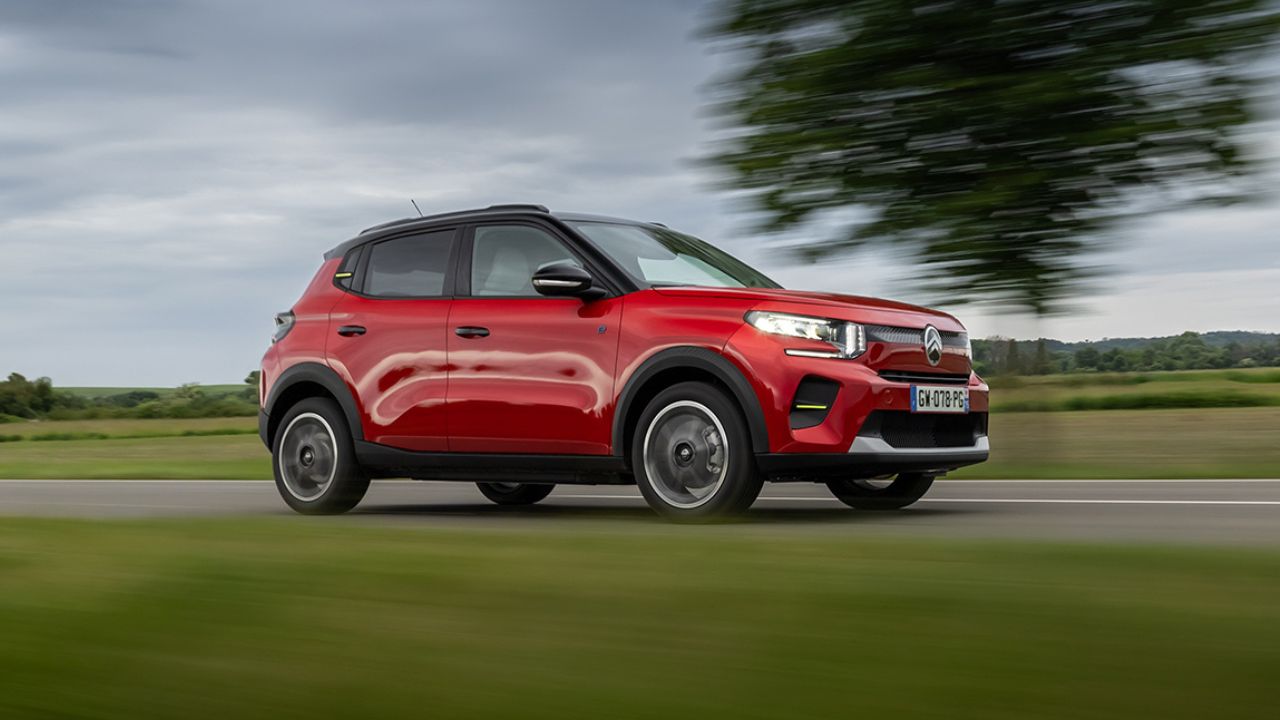
Simply speaking, a hybrid car combines a combustion engine, powered by either petrol or diesel, with an electric motor and battery that can be used together or separately for improved efficiency.
Over the years, there has been an improvement on the electric mileage a vehicle can achieve, but most hybrid vehicles available today can be recharged through regenerative braking or by plugging them into a dedicated wall socket.
What are the different types of hybrid cars?
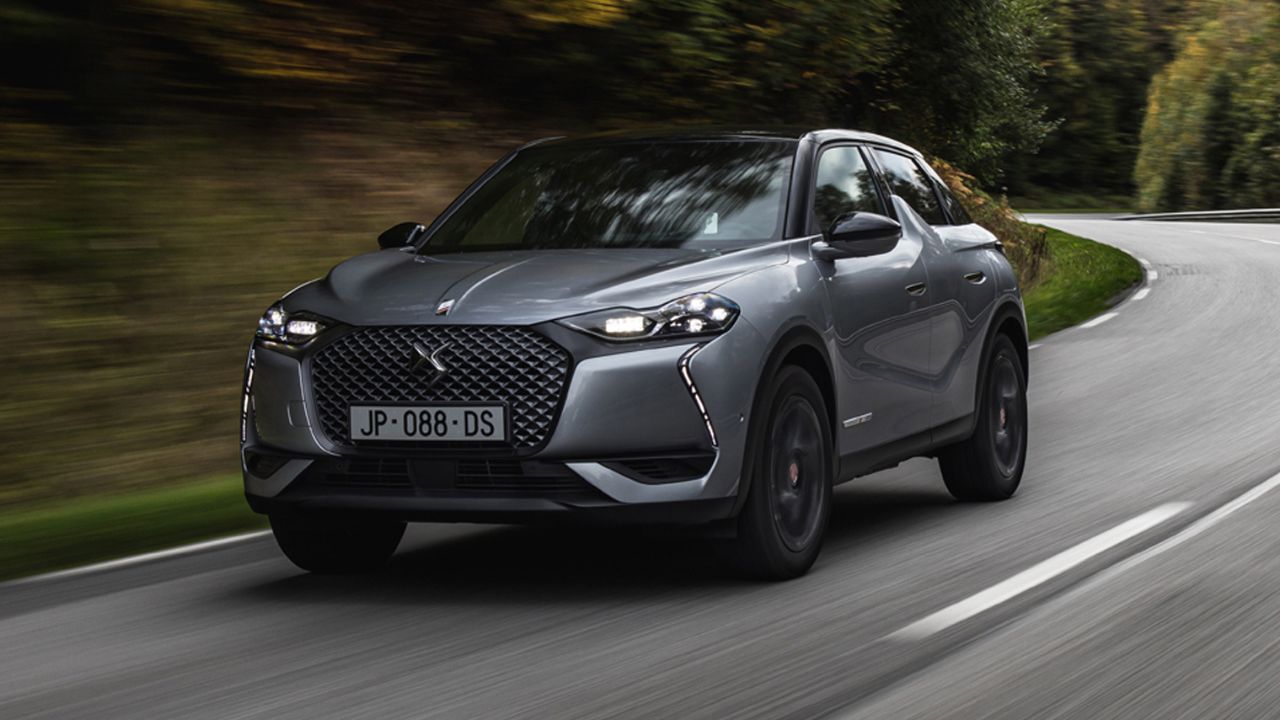
There are currently three types of hybrid cars available on the market. Even though they work in a similar way, each has its own particular features to consider before deciding on which is best for you.
Mild Hybrid (MHEV)
Mild hybrids operate with an internal combustion engine (also known as ICE) in combination with an electric motor and battery. By working in tandem, the system reduces emissions, making it a great alternative for environmentally conscious drivers, and also improves performance.
This is a self-charging type of vehicle, so you won’t need to worry about its electric range. You can rest assured that when the electric power runs out, the vehicle will seamlessly switch to petrol (or diesel) and continue to work normally until you reach your final destination.
Full Hybrid (HEV)
Full hybrid vehicles work in a similar way to mild hybrids. They also operate using a combination of ICE, an electric motor, and battery. However, full hybrids have a longer electric-only range compared to mild hybrids, and are capable of running on electric power alone for short distances.
These are self-charging vehicles that use regenerative braking and the engine to recharge the battery.
Plug-in Hybrid (PHEV)
Equipped with a larger electric motor compared to the full and mild hybrid models, PHEVs allow for electric driving without relying on their combustion engines during short commutes. The electric range varies according to the model, but currently, you can find Volkswagen Golf and Audi A3 capable of 88 miles.
PHEVs can be charged plugged into a wall socket installed at home or recharged in one of the many public charging stations across the United Kingdom.
Pros and cons of hybrid cars
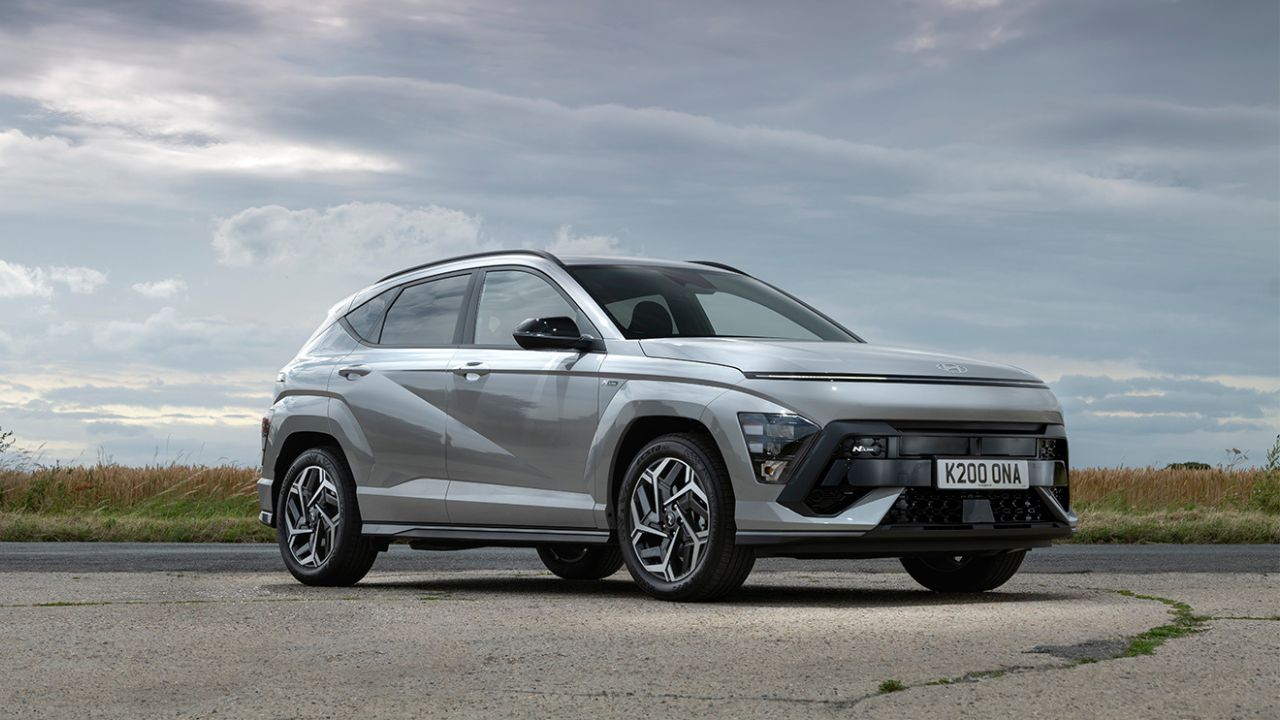
As hybrid cars become increasingly popular, it’s important to consider the advantages and disadvantages to ensure that a hybrid vehicle meets all your needs.
Pros of hybrid cars
- Fuel Efficiency: Hybrid vehicles have an electric-only range, making them more fuel efficient
- Low Emission: Due to the electric driving capability, hybrid cars emit less CO₂ than combustion powered vehicles
- Cost Saving: You can save money on fuel overtime, as hybrids use less than vehicles that run solely on petrol or diesel
- Regenerative Braking: Hybrid cars recycle energy during braking to recharge the battery
Cons of hybrid cars
- Higher Initial Cost: On average, hybrid cars are more expensive to purchase than a petrol powered cars
- Limited Electric Range: Hybrid vehicles can only travel short distances on electric power alone
- Charging: PHEVs have to be plugged-in to a wallbox to recharge and even though charging times have improved considerably, it still takes longer than just fill up a car with petrol
- Reduced Storage Space: The batteries in hybrid cars are large and take up space that would otherwise be available in the boot
- Battery Replacement: Batteries are expensive to replace once the warranty expires
Is a hybrid car right for you?
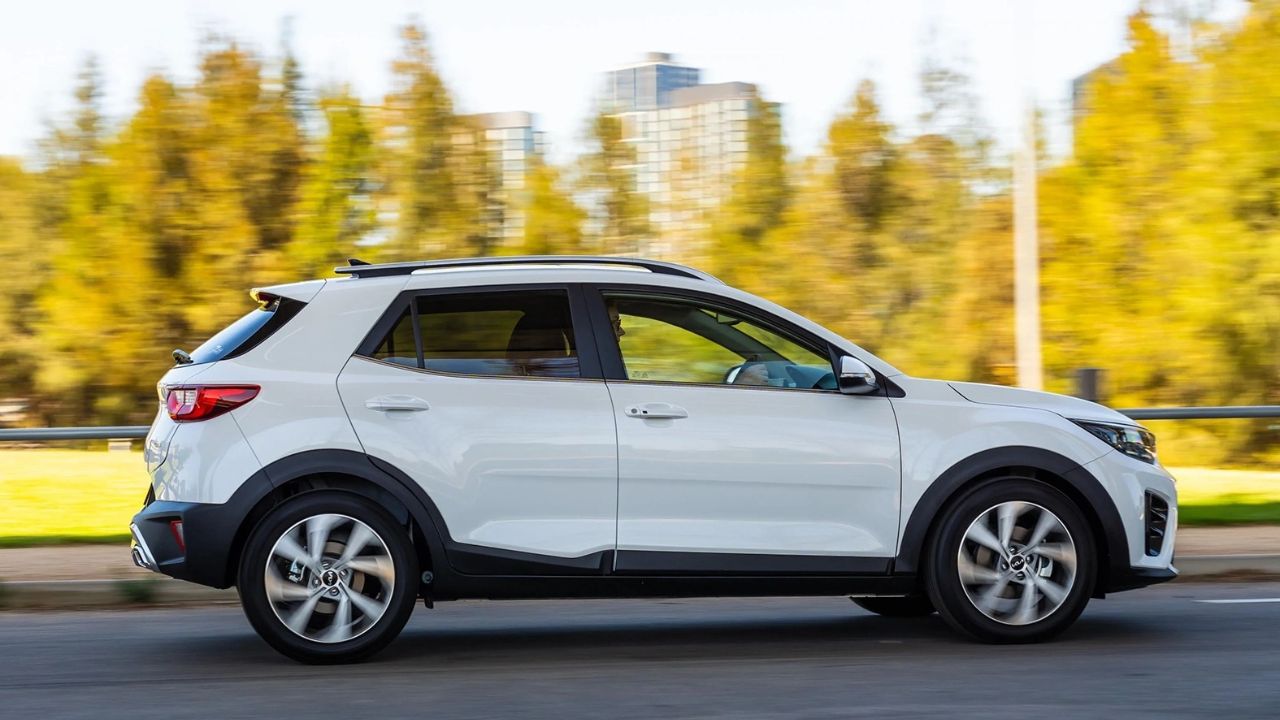
It’s important to consider your lifestyle and needs before deciding whether a hybrid car is the right choice for you. Although hybrid vehicles have a higher upfront cost, you may be able to recoup that expense through fuel savings over time.
If you need a vehicle for long commutes or extended hours on the motorway, perhaps a hybrid may not be the ideal option. However, if you’re looking for a vehicle for daily use, such as short commutes, city driving, school runs, or running errands, a hybrid can be an excellent choice.
The initial investment in a brand-new or used hybrid can be made more manageable through finance agreements. Personal Contract Purchase (PCP) and Hire Purchase (HP) are two of the most popular financing options available. They typically require an initial deposit followed by fixed monthly instalments to cover the remaining cost of the vehicle.
Frequently Asked Questions
It depends. If you own a mild hybrid (MHEV) or a full hybrid (HEV) you won't need to use an external charging point, as these types of vehicles are usually charged through regenerative braking.
However, if you own a plug-in hybrid (PHEV) you'll need to install a wallbox at home, or recharge your vehicle in one of the several charging stations across the country.
Hybrid vehicles use a combination of a combustion engine powered by petrol or diesel and an electric motor and battery. This means that, even though hybrids can have lower emissions compared to petrol or diesel cars, they still emit CO₂.
In order to avoid the ULEZ charge, a hybrid car must meet certain ULEZ emissions standards. Newer hybrid cars are less likely to incur the charge, as they usually comply with Euro 6 and Euro 4 standards now-a-days.
In short, no. When it comes to maintaining a hybrid car, you won’t have anything extra to worry about compared to a standard combustion engine car. In fact, since you’ll be using the engine less, you may even have to do less maintenance on it.
Find your perfect brand-new or used hybrid at Evans Halshaw
Hybrid cars are excellent for those looking for a low emission vehicle that offers electric driving capabilities and can lower expenses with fuel overtime. Ideal for urban driving and short commutes, hybrid cars offer excellent technology, and peace of mind to drivers who know the vehicle will seamlessly switch to petrol when the electric range has ran out.
At Evans Halshaw you'll find a comprehensive catalogue of brand-new and used hybrid cars. If you’d like to request information on a specific model or book a test drive, get in touch with your local Evans Halshaw retailer, where one of our friendly associates will help you.
If you’d like to continue reading about hybrid vehicles and other motor related articles, please access our blog where you’ll find helpful guides and the latest automotive information.

